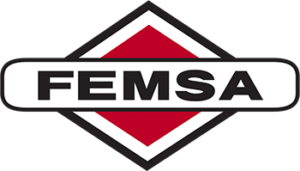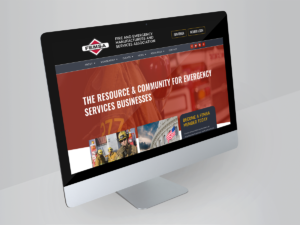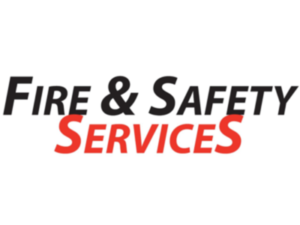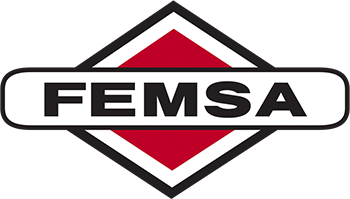At the FEMSA/FAMA Annual/Fall Conference in Toronto, Richard Bryan was the closing keynote, speaking on learning to lead and picking A-Players to succeed. In addition, he provided a Fire Lane Presentation on family businesses and succession planning.
Bryan took over his family’s almost 100-year old business as an inexperienced 28-year old when his father had to retire suddenly due to illness. Bryan stabilized the business, and was able to get his fellow shareholders (all family members) to agree to sell the business several years later. He shared his lessons of taking over the business from his father and getting the family to agree to part with something that had been a part of their lives for five generations.
While no one wants to think about succession planning, it is essential to the long-term success and stability of the business. In addition, there are two levels of succession planning that a company has to have: emergency temporary succession planning (due to temporary illness or incapacity) and the longer-term planned succession. As Bryan stated, it is essential that it is a written plan and shared with the key players and advisors so that everyone is aware. He said it is also vital that successors meet and establish a relationship with the trusted advisors, so they are not just names on paper.
Bryan stated that the key to successful succession planning is to start with the long-term end result in mind: do you want to pass the business to family; or do you want to exit completely and transfer the business to employees or a third party? Either way, the transition should begin five to 10 years before exiting the business. This allows a few years for the successor to ramp up and learn the various aspects of the business and to gain the experience and credibility with the staff and key advisors before the predecessor transitions out.
When it’s a family business, he noted that special care is needed because the person transitioning out has dedicated a good part of their life to that organization, and in many ways the company is a big part of their “Who am I?” and identity. As a result, understanding the psychology of transition is essential and that conflict will be natural, especially as the new generation implements changes. Finding the right balance between change and tradition, and communication between generations will make the process much smoother.







